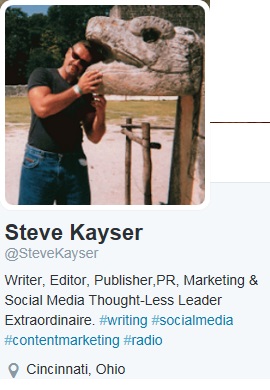
In today’s rapidly-evolved internet landscape, finding an effective domain name can be crucial to online success. Yet have you considered its immense power when choosing words? Linguistics – which studies language structure – is an indispensable asset when selecting domain names; in this article, we’ll look into how understanding its fundamentals can assist with building memorable and effective names for domain registrations. Let’s start this discussion with an example to highlight its significance!
Real-Life Story:
Sarah is passionate about sustainable living and has launched an eco-friendly store online. Sarah spends hours brainstorming possible domain names that reflect her ideals and those of her target market audience. Finally, after extensive research and studying linguistic principles, Sarah opted for “Greenovation.com.” This domain name captures both her brand’s essence and commitment to eco-consciousness instantly – her intuitive understanding of linguistics proved instrumental as this domain name resonated strongly with customers resulting in increased brand recognition and, ultimately, business success.
History & Foundation of Linguistics in Domain Names:
Its historical context must be investigated to understand linguistics impact on domain name selection. Early internet domain names were selected based on keyword availability or company names. However, as more domains crowded the online landscape, linguistic principles significantly distinguished one domain from its competition.
Linguistics encompasses numerous components that can substantially affect domain name selection, such as phonetics, semantics, and syntax. By understanding their function, you can craft memorable domain names that elicit positive emotions among your target audience and are easily pronounceable.
Domain names need to take into account language factors when creating domain names:
- Phonology: Selecting domain names with appealing sounds and easy pronunciation will make them more memorable and accessible, like CrispClean.com, which features repeated “c” sounds that create a catchy rhythm while emphasizing cleanliness.
- Semantics: Words have meanings, so selecting domain names that resonate with your brand’s values and offerings can increase its overall impact. For instance, specifying EcoGuru.com as the domain name conveys both environmentalism and expertise – creating instant trustworthiness associated with eco-friendly practices.
- Syntax: The arrangement and order of words within a domain name can have an enormous effect on its readability and memorability, such as ShopQuickly.com, which utilizes simple syntax making it easily understandable and memorable.
Take advantage of the large choice at Squadhelp when looking for a domain name akin to exploring a linguistic treasure trove. From playful alliterations to clever word combinations, the linguistic aspect of domain names allows businesses to craft a distinctive online identity that resonates with their target audience.
Utilizing Linguistics in Domain Name Selection:
Building an impactful domain name takes careful thought and strategy. Here are a few helpful pointers:
- Research Your Target Audience: Take steps to learn about and comprehend their language preferences, cultural nuances, and values to ensure your domain name resonates with them.
- Focus on clarity and simplicity: Choose words that are easy for people to remember. Avoid complex or obscure terms which might mislead or confuse the audience.
- Consider Emotional Appeal: Words can evoke strong emotional responses in people. Choose words that produce this desired emotional reaction in your target audience while aligning with your brand tone and messaging strategy.
- Be distinctive and memorable: Separate yourself from the competition by choosing an eye-catching domain name that conveys the spirit and value proposition of your brand or value proposition.
Other considerations also play a part in domain name selection besides language considerations, including availability and compliance with your brand’s legal requirements. Furthermore, domain extensions like (.com.net.ca or org) could provide more relevant options that meet industry or target audience demands. For the Silo, Grant Polachek.
Conclusion:
In today’s digitally competitive landscape, harnessing linguistics as part of your domain name selection strategy can give your online presence a significant edge. Harnessing their power can give them a significant competitive advantage by understanding basic linguistic principles and considering historical context when selecting domain names for online ventures, harnessing their power can give them a significant competitive advantage. Words hold power that can impact perceptions and emotions and ultimately leave a lasting, impactful memory, so make wise selections when selecting names for online endeavors to maximize their full potential and achieve maximum returns from online ventures!



